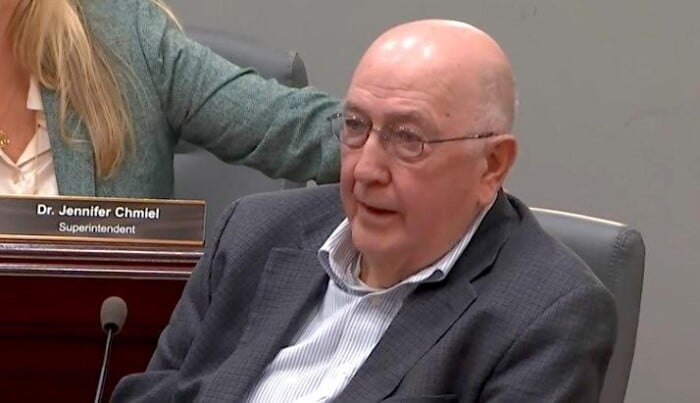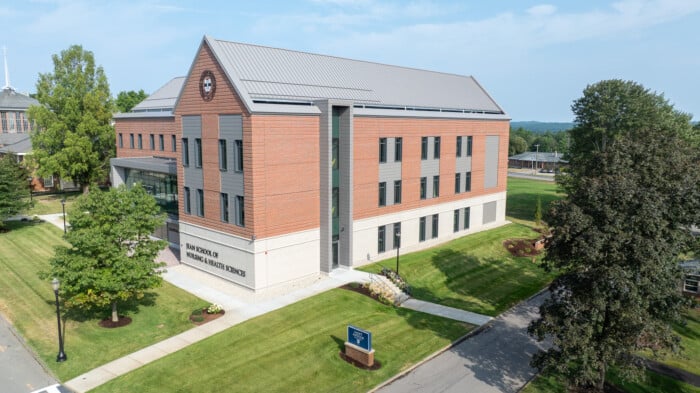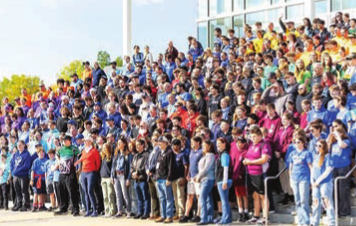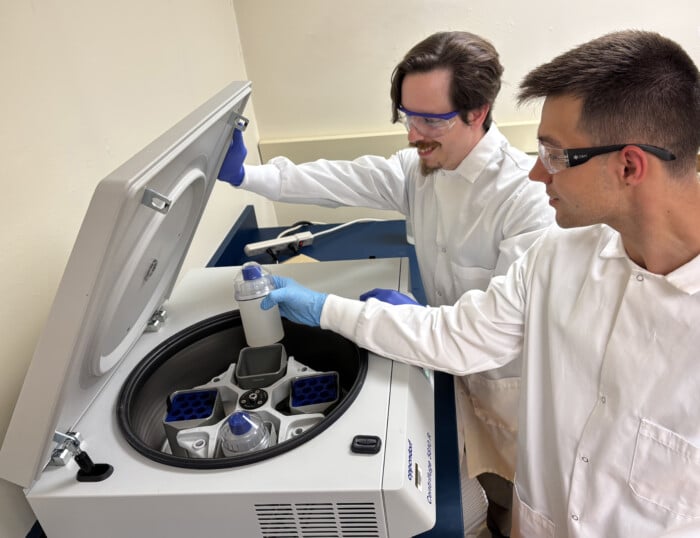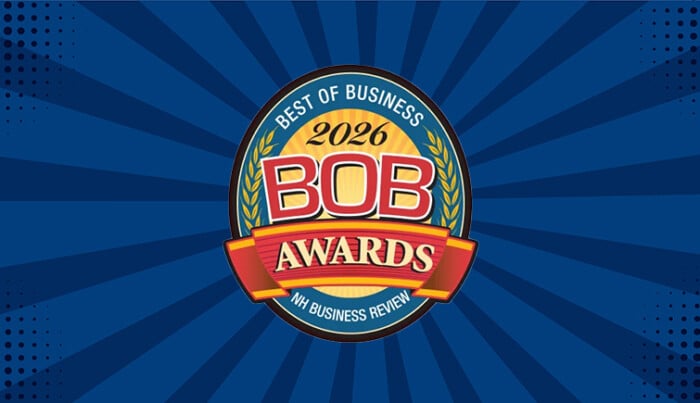 Rajesh Nair is on a global mission to inspire students to experience the same joy he did as a youth in India when he learned how to build a simple crystal radio.
Rajesh Nair is on a global mission to inspire students to experience the same joy he did as a youth in India when he learned how to build a simple crystal radio.
Since we last caught up with Nair last year, the tech entrepreneur spent three months teaching in Japan through his EnCube Labs, the Nashua-based company that promotes his “Zero2Entrepreneur” concept to school kids worldwide.
Nair is best known in New Hampshire for founding Degree Controls, a Milford engineering company that develops airflow instruments, sensors and thermal controllers that was acquired by Nova Instruments in 2017.
Nair, who was appointed to the New Hampshire Board of Education last year, does not have high marks for how students are educated in public schools.
This interview was adapted from an interview with Nair by Managing Editor Amanda Andrews and Editor Mike Cote for NH Business Review’s “Down to Business” podcast. Listen to the interview at here.
Podcast Sponsor:
Q. We chatted with you last time on your work with Encube Labs, but you’ve been doing a little bit of traveling lately. You’ve been in Japan for a while?
A. I spent three months this year in Japan, and I’m again going back in another month, primarily working with schools, trying to train children in STEM and technology design. I want to talk about Japan and what we can learn from Japan, because I truly believe the U.S. is almost sleepwalking into the stagnation that Japan went through.
My work primarily has been in how do we build future innovators and entrepreneurs from schools and universities? That has been my research at MIT and as a professor at Asia School of Business. I continued my work in in Asia and then as part of EnCube Labs, which stands for Entrepreneurship Incubation Labs, for nearly the past 10 years.
I’ve run about 150 or so programs in 12 countries. We’ve been trying to show this issue that the schools are facing or the next generation is facing. It’s primarily that kids are disengaged in schools, and especially after COVID, it has kind of really gone bad.
Kids have lost their confidence, and the engagement has come down during COVID because of online learning. They didn’t learn enough for the year. They got pulled up, pushed up to the next grade, and they started the next grade without understanding the basics. They started losing confidence in what they could learn and started having disengagement.
Our education system is primarily a teaching system. It’s not a learning system. The teacher writes on the board, and the kid is responsible to figure out all these things and write an exam. This cycle has been going on all over the world for the last 100 years. But why things have changed is today the technology is moving faster. Your jobs of tomorrow have not been figured out yet. We are creating (public) school graduates and even university graduates ready for yesterday’s jobs.
We have tons of school students who are disengaged. Can we empower them? Can we create a whole bunch of them into future innovators and entrepreneurs? Not through the current exam-driven system.
Q. When we talked to you more than a year ago now, you had just been appointed to the state Board of Education. What kind of reaction have you gotten with trying to talk about these ideas and get them into schools?
A. We are looking at today’s problems or even yesterday’s problems, and especially today with the political tension and the current decisions on education departments and such, we are distracted. We are looking at today’s conveniences and short-term gains rather than long term. This problem is going to make what is happening in the U.S. worse. You have public schools which are going to be underfunded, where you may have lesser engagement, leaving a lot more kids under-skilled or unskilled, which are not ready for what the country needs.
Q. We are hearing reports about college students who study AI and machine learning who are walking into jobs paying hundreds of thousands of dollars, up to a million in some cases. How much focus should students have on AI?
A. This is a tool that can speed up a lot of things, and we don’t have enough technical folks to do this. That’s why OpenAI and Meta are paying hundreds of millions of people sign-on bonuses.
Yesterday I had a discussion with someone who was looking for a job who was in the finance space.
My advice to him was to take the next month off and learn how to create apps without coding on AI. The coding right now is actually free; you don’t need to hire an engineer. You can create tools and use those tools to show your next employer that you can do these things.
The next employer is not looking for someone who understands just accounting. Your next employer is looking for someone with accounting and AI skills.
 Rajesh Nair is on a global mission to inspire students to experience the same joy he did as a youth in India when he learned how to build a simple crystal radio.
Rajesh Nair is on a global mission to inspire students to experience the same joy he did as a youth in India when he learned how to build a simple crystal radio.
